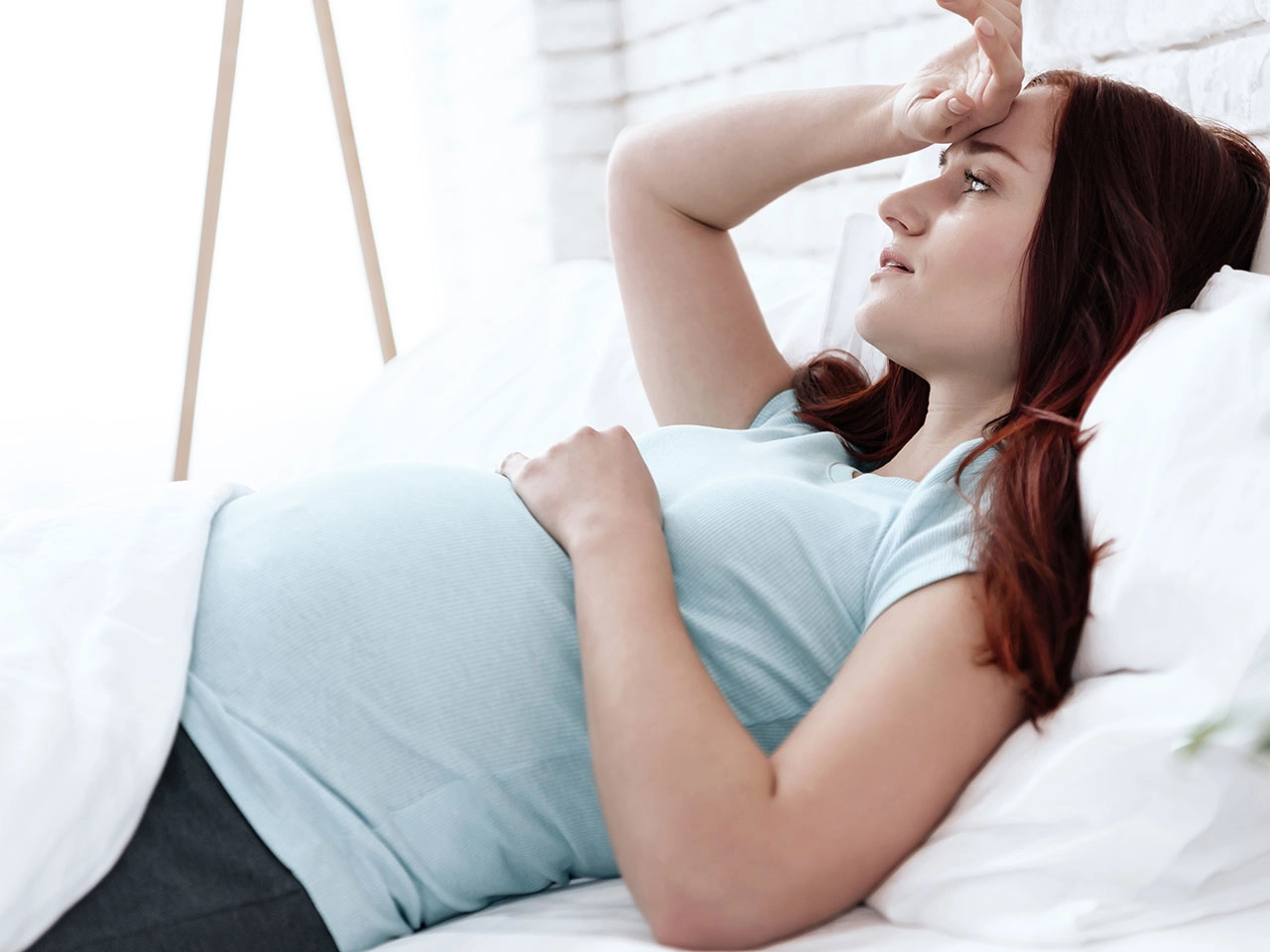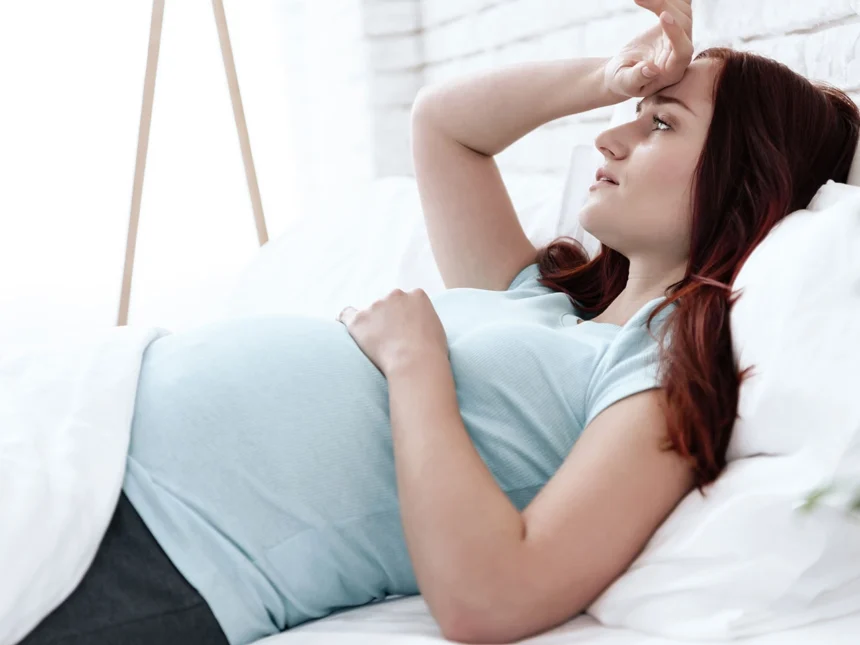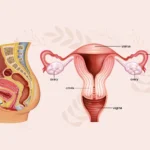Headaches are very common in the early stages of pregnancy and are caused by the pregnancy hormone progesterone. Progesterone causes the relaxation of the uterus and blood vessels in the body. This blood rushes through the veins and causes headaches. Women prone to headaches preconception have a greater chance of migraine during pregnancy, although rare cases of the opposite have also been seen. Vision problems and eye strain increase during pregnancy due to pressure changes around the eyes and can also lead to headaches. Similarly, high blood pressure is also a reason for headaches
Preventing headaches
Following a few simple tips that can help prevent headaches
- Proper rest and relaxation
- Healthy diet
- Avoid foods that trigger headaches
- Drink plenty of water
- Try alternate therapies like acupressure, reflexology, aromatherapy, etc.
- Maintain proper posture
A migraine during Pregnancy
Hormonal changes in women trigger a migraine in those prone to it. The changes in the estrogen and progesterone levels tend to effect a migraine for better or worse. The production of natural pain-killing hormones, endorphins, also helps in mitigating migraine pains. Following delivery hormonal levels settle back to pre-pregnancy levels and lead to recurrence of the headaches.

Migraine headaches should be treated in the same manner as all other existing illnesses, although it does not have any adverse effects on the baby. Follow your obstetrician’s advice to manage a migraine in the before, during and after pregnancy. In the normal course of pregnancy, there is a marked improvement in a migraine that is linked to menstruation. On the other hand, migraine headaches that begin along with conception will continue throughout pregnancy. Contact your health care provider who will check for preeclampsia, which can trigger headaches similar to a migraine. The caregiver will provide adequate medication for a headache whether a migraine or otherwise.
Natural Treatment for Migraine Headaches
Migraine headaches are different from other headaches and the line of treatment to be adopted is also different. Most women prefer alternative and natural medicines during pregnancy and also while nursing so as to avoid passing them on to the baby. Any medication alternative or otherwise should only be taken supervision of a qualified caregiver and appropriate notes made in the pregnancy records.
Migraine headaches tend to be at their worst during the first few months of pregnancy. This is mainly due to morning sickness and poor eating habits during the initial months which lead to dehydration and low blood pressure and can be easily overcome by taking small frequent meals and drinking plenty of fluids.
For those women who experience freedom from a migraine during pregnancy, the headaches return with childbirth or menstruation as a result of a sudden drop in estrogen levels. Sometimes dehydration, exhaustion, and low blood sugar also play a role in the recurrence of headaches.








